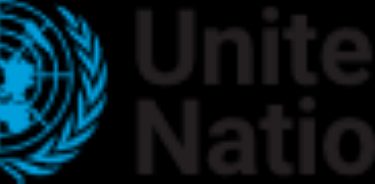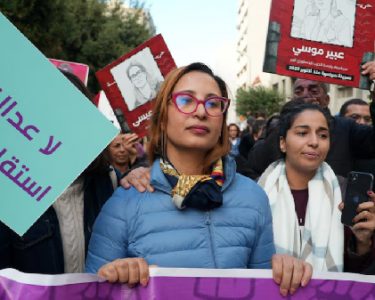
DAR ES SALAAM, July 9 (NNN-DAILYNEWS) — TANZANIA and Gambia have agreed to strengthen bilateral cooperation in the education sector, with a particular focus on the exchange of students and instructors, especially in the area of vocational training.
Minister for Education, Science and Technology, Prof Adolf Mkenda, said the move follows far-reaching reforms implemented by the Tanzanian government in the education sector, which have continued to attract interest from other countries eager to learn from Tanzania’s experience.
Prof Mkenda made the remarks recently in Dar es Salaam after holding talks with a delegation from Gambia, led by the Minister for Higher Education, Research, Science and Technology, Prof Pierre Gomez.
“The delegation is in the country to learn about Tanzania’s education reforms, particularly in technical and vocational training and how these reforms have influenced the review of the Education and Training Policy,” Prof Mkenda said.
For his part, Prof Gomez said the visit was aimed at gaining deeper insights into Tanzania’s higher education ecosystem and the strategies in place to enhance the provision of quality education.
“I am very pleased to see that Tanzania serves as a model from which we can learn especially in terms of the linkages between academia and industry,” Prof Gomez noted.
Tanzania has undergone significant reforms in the education sector over the past four years under the leadership of President Samia Suluhu Hassan marked by key policy decisions.
These transformative changes have strengthened the national education system and enhanced the overall wellbeing of citizens.
According to Prof Mkenda, a series of reforms driven by the revised 2014 Education and Training Policy, which was updated in 2023 include a major milestone is the extension of compulsory education to 10 years under the new 1+6+4+2/3+3+ structure.
“This policy shift is designed to equip students with practical skills by integrating a vocational education stream beginning at the secondary school level,” he said.
He explained that the curriculum for pre-primary, primary and secondary education has been restructured to feature two streams, a general stream and a vocational stream.
Students enrolled in the vocational stream will graduate Form Four with two certificates: The Ordinary Level Certificate and a Skills Certificate issued by the National Council for Technical and Vocational Education and Training (NACTVET).
Prof Mkenda explained that in line with the revised Education and Training Policy, significant curriculum reforms have been implemented across pre-primary, primary and secondary education levels.
Among the key changes is the introduction of dual streams at the secondary level, a general education stream and a vocational stream within a more flexible education system.
Upon completing Form Four, students in the vocational stream will receive both the Form Four certificate and the NACTVET – issued skills certificate.
Those who choose to continue into technical education will progress into a three-year high school programme focused on practical training, effectively reviving the former polytechnic model. — NNN-DAILYNEWS





